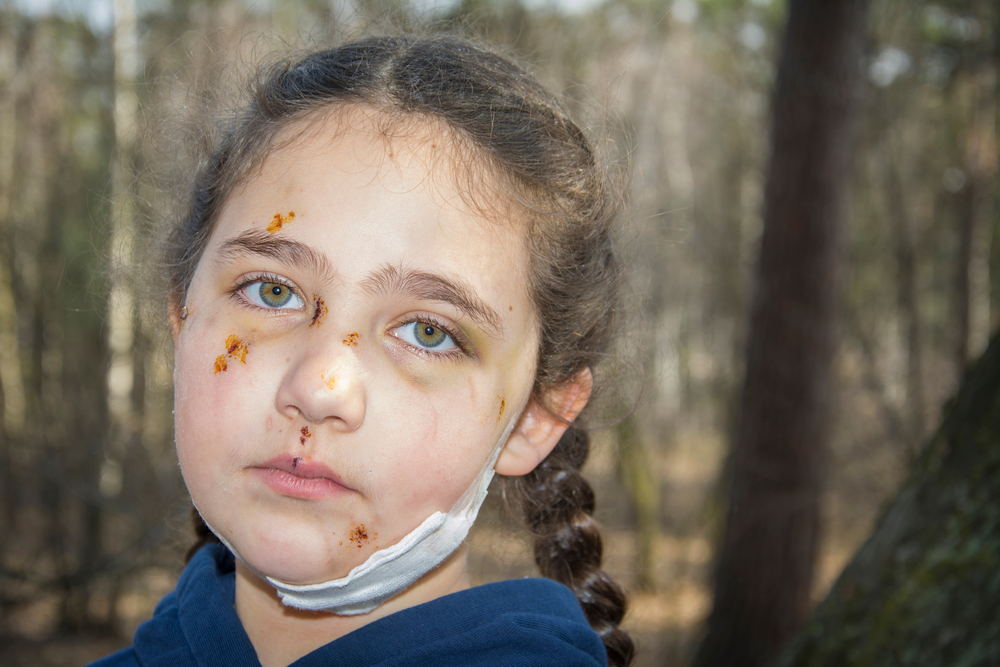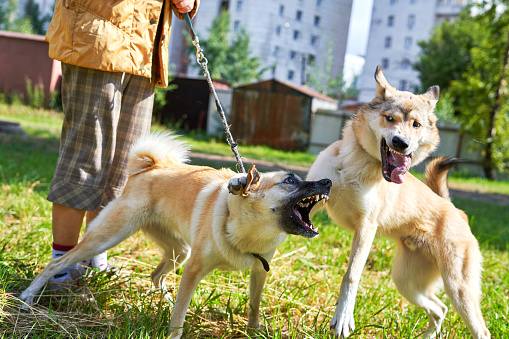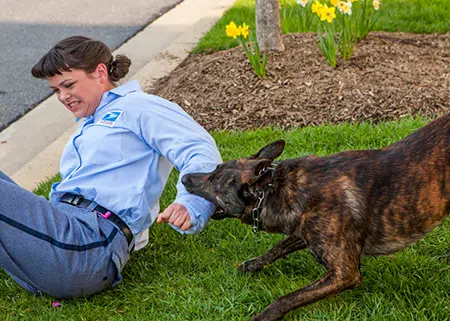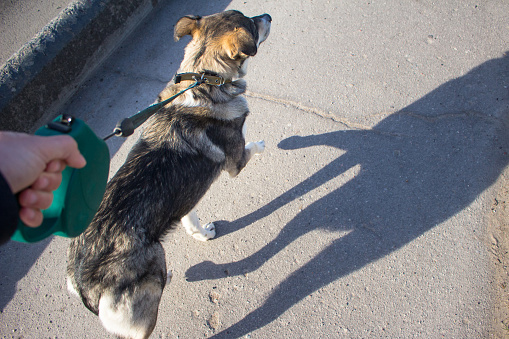More than 4.5 million people in the U.S. are bitten by dogs each year, and children bear the brunt of those injuries. Estimates suggest over 50% of kids will be bitten before turning 12, and 80% of serious bite wounds happen to children under six.
When these attacks happen in public places like parks, playgrounds, and sidewalks, it’s natural for parents to start wondering about liability. Can the dog’s owner be held responsible for medical bills? And where does the law draw the line between a child provoking a dog and a toddler simply playing when a dog breaks loose?
In this blog, we’ll walk through how Ohio’s strict liability framework applies when a child is attacked in a public setting, when you can or can’t sue the dog’s owner, and what legal steps families should take to seek accountability and compensation after this kind of trauma.
What Are the Dog Bite Laws in Ohio?
Ohio has some of the strictest dog bite laws in the country. At the core is a strict liability standard, which allows victims to seek compensation without needing to prove that the dog’s owner acted negligently.
According to Ohio Revised Code § 955.28, a dog’s owner, keeper, or harborer is liable for any injuries caused by the dog, regardless of whether it has a history of aggression.
In other words, victims don’t need to show that the owner failed to control the animal or violated leash laws. If the dog caused harm and the individual responsible for the dog fits the legal definition of an owner, keeper, or harborer, that party may be held financially accountable.
Who is considered liable?
Ohio law casts a wide net when assigning responsibility. Liability may extend beyond the legal owner to include anyone who had custody or control of the dog at the time of the incident. This could include a friend watching the dog, a dog walker, or even, in some cases, a landlord who allowed a dangerous animal to remain on the premises.
What Are Your Legal Rights After a Dog Attack in a Public Space?
When a dog bites a child in a public place, Ohio law generally favors the victim. Public spaces are where parents reasonably expect a safe environment, and the law reflects that by placing responsibility on those who bring animals into shared areas.
So if a child is lawfully present in a public area and is bitten or injured by a dog, the owner (or person responsible for the dog) is typically liable. Even if the park has designated off-leash areas, owners are still responsible for maintaining control over their animals. .
Children receive added legal protection
The law also takes a more protective stance when children are involved. In cases of provocation (which could otherwise reduce or eliminate the dog owner’s liability), the child’s age matters.
Young children are not held to the same standard as adults when it comes to assessing whether their actions provoked an attack. In many cases, courts recognize that small children may not understand how to behave around animals or foresee the consequences of their behavior.
This makes it much harder for a dog owner to argue that a child was responsible for the incident, especially in cases involving toddlers or elementary-aged kids.
Can I Sue the Dog Owner?
In most cases, yes. If a dog injures a child in a public space and none of the limited legal defenses apply, the child’s family has the right to file a claim against the dog owner or anyone who was responsible for the dog at the time. Typically, a dog owner’s homeowner’s or renter’s insurance policy will cover dog bite liability.
Families may be entitled to compensation for:
- Medical expenses (both immediate and long-term)
- Pain and suffering
- Emotional trauma
- Permanent scarring or disfigurement
- Lost income if a parent had to miss work to care for the child
Learn more about the average compensation for a dog bite claim.
When a lawsuit could be appropriate
Filing a claim through insurance may lead to a settlement without needing to go to court, but if the insurer denies the claim or refuses to pay fair compensation, a lawsuit becomes the next logical step. In rare cases, punitive damages could be pursued.
Under Ohio’s strict liability statute, a civil lawsuit can be filed even if the dog had no history of aggression and the owner didn’t violate any laws. That means a claim for damages can move forward without needing to prove negligence. The key requirement is that the dog caused harm and the child was lawfully in the area where the attack occurred.
Talk to a Dog Bite Attorney at Slater & Zurz
Dog attacks involving children in public spaces often seem straightforward, but legally, they rarely are. Questions around liability, provocation, leash laws, and insurance coverage can quickly complicate the path forward, especially when the emotional stakes are high.
At Slater & Zurz, we understand how overwhelming this situation can feel. That’s why we take the time to investigate every detail, explain your options clearly, and advocate for the full compensation your family may be entitled to. Our team has handled hundreds of dog bite cases across Ohio, and we know how to navigate the legal nuances that arise when a child is injured.
If your child was hurt by a dog, contact us at 330-762-0700. There’s no cost to talk with us — and no fee unless we win.
Written by Michael Schmeltzer
Michael, a partner at Slater & Zurz, represents clients in a broad range of complex cases, including catastrophic personal injury, construction accidents, trucking and motorcycle collisions, product liability, wrongful death, nursing home negligence, and medical and professional malpractice.






